Buenos Aires: When moving to a new place
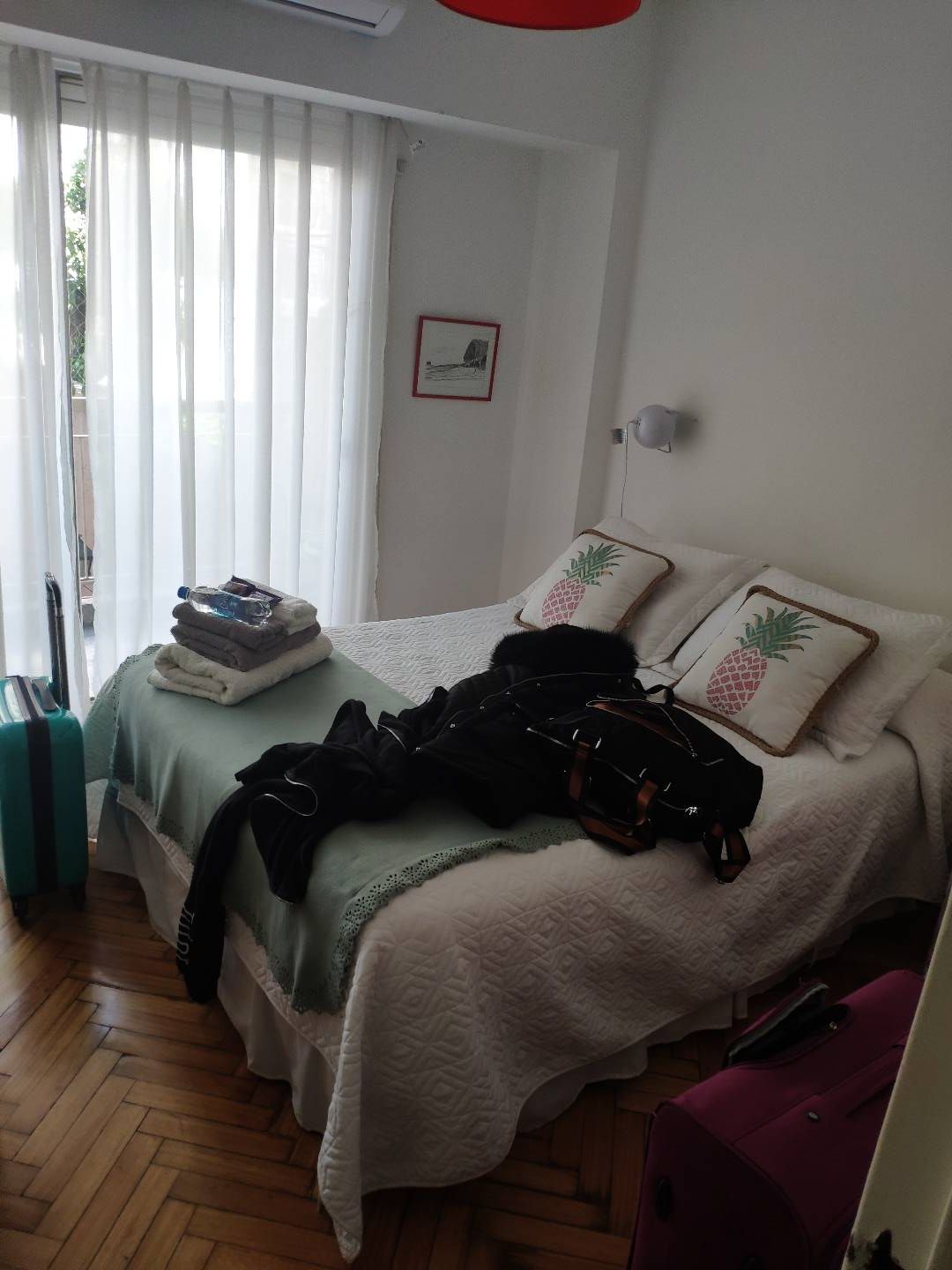
(Photo by Luisa Gonzalez Boa)
Today’s topic is something we all worry about when moving to a new place: housing! Before I start, I want to point out that this is based solely on my personal experience, and other people might have different opinions.
The tricky and sensitive part of living in Buenos Aires is not whether affordable housing will be available – it will – but: is the neighborhood safe?
If you Google safe areas in Buenos Aires, maps uploaded by different websites will most likely look like a warzone full of landmines: small red spots everywhere. These maps are usually based on crime rates from past years. Argentina is going through a crisis, inflation is increasing and crime rates are higher than in most European cities, but lower than most cities in Latin America. It’s all about perspective.
In the beginning, this freaked me out, as I felt that it didn’t matter what I chose, I would still be near a danger zone. However, you just need to use these maps and information for guidance, check where the real dangerous crime is happening (I mean drug cartels or armed robbery for example, because petty crimes such as pickpocketing happen everywhere) and if you are still in doubt, consult the locals. This should not discourage you from experiencing this city, in fact, I lived in Nørrebro for 3 years and while so many people asked me if I wasn’t worried, I was never afraid and it is still my favorite neighborhood in Copenhagen.
My point is: relax, don’t freak out, get yourself a cup of tea and compare different accommodation and areas before making a decision. Read reviews, experiences, and if you can, rely on local sources or expats living here long-term rather than tourists because their experiences are entirely different.
My neighborhood: Recoleta
Let’s get back to my experience: after some research, I ended up choosing “Recoleta”, a safe neighborhood but also one of the most expensive areas. Recoleta is very close to Microcentro, which is considered the city center. It is referred to as the Argentine Paris as it resembles Paris a bit both in architecture and cultural spaces, such as the cemetery, the national library and the museum of arts.
My favorite place in Recoleta is “Terrazas”. This complex of bars, restaurants and cultural spaces, which used to be a convent, is located right next to Recoleta cemetery. Here, they organize some festivals during the summer months, weekend markets and it is the go-to place on Thursdays after work, when it gets filled with cheerful people dancing and drinking. And probably the only occasion when Argentinians meet earlier than 10pm to go out, which makes the time to go home around midnight, just in time to catch a good night’s sleep before Friday. Whether you choose to live here or not, it is a must-visit in Buenos Aires!
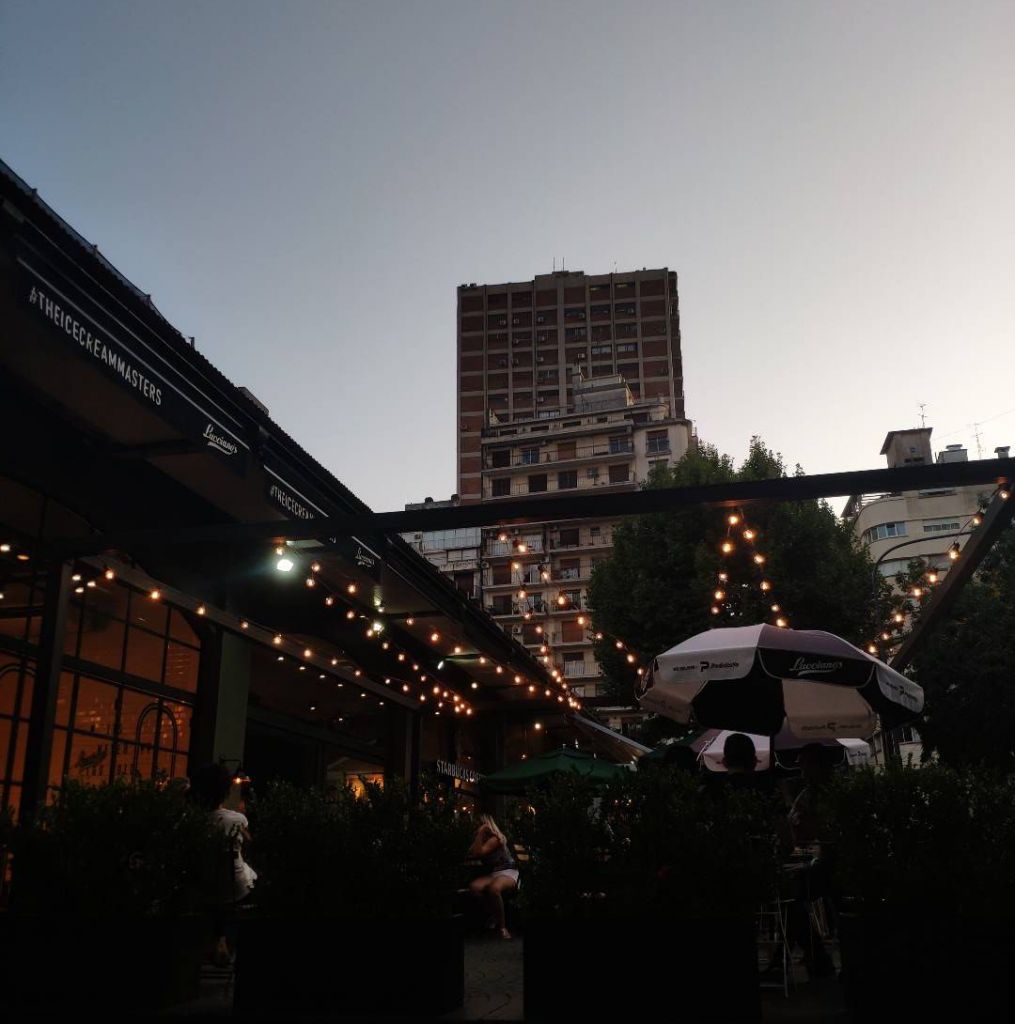
(Photo by Luisa Gonzalez Boa)
How to find accommodation:
You can find a place to stay in Buenos Aires in many ways, but I am only familiar with two: Airbnb and roomgo.com.ar. Some people suggested Facebook groups when I asked, but I don’t see a lot of people using this method to find accommodation, and it wasn’t very useful when I tried.
We are all pretty familiar with Airbnb, and it has also become a platform for searching for long-term accommodation too, but it does charge a higher fee the longer you book, and prices are usually higher than on other websites. Despite this, you can always negotiate directly with the host. This was my method both times I needed to find accommodation here. One advantage is that you don’t need to pay a deposit, however the downside is that you don’t have a contract, so it relies on mutual trust, which is easier to achieve if you speak the language.
The second website is a local website for finding longer-term accommodation, prices are in local currency and you will most probably live with Spanish-speaking roommates as it is the language used in the platform. I have seen some ads in English too, but a basic knowledge of Spanish will allow you to negotiate a better price plus the website itself is in Spanish. This website doesn’t provide reviews from past hosts, therefore I suggest that you visit the place before booking the room. Also be aware that prices are sometimes in USD and converted into ARS$ monthly due to the high inflation.
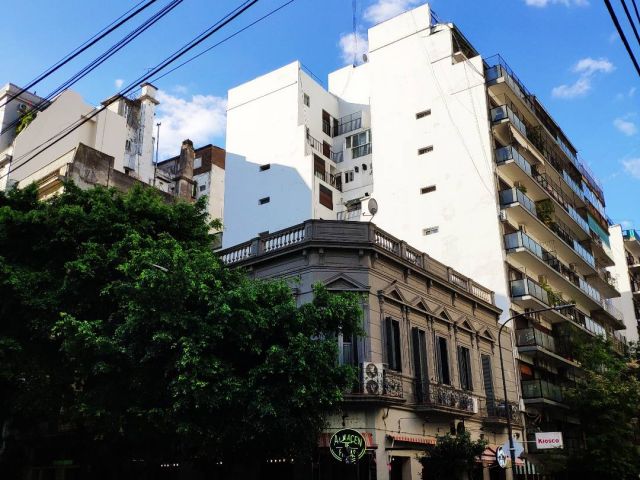

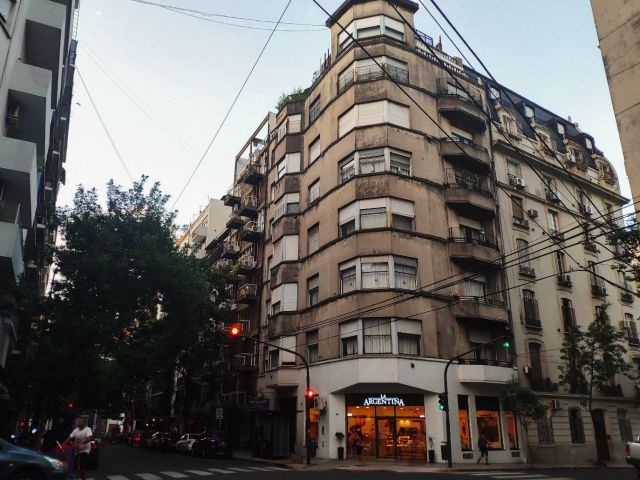
My choice was based mainly on convenience: commuting to work takes 20 minutes and I highly value my sleep time in the mornings. However, if you are an early bird and don’t mind commuting for a bit longer, the trendy area with lots of bars, restaurants and things going on is Palermo (specifically Palermo Soho). I personally don’t know where the different faculties from the universities are, so if you’re lucky, yours will be near Palermo because this area has a greater social life and nightlife, two things that most students consider crucial for any exchange semester.
In conclusion, my advice on finding accommodation here is to do some research on the different areas and don’t be freaked out by what you read online. If possible, enlist the help of a Spanish-speaking friend to communicate with the host and avoid misunderstandings!





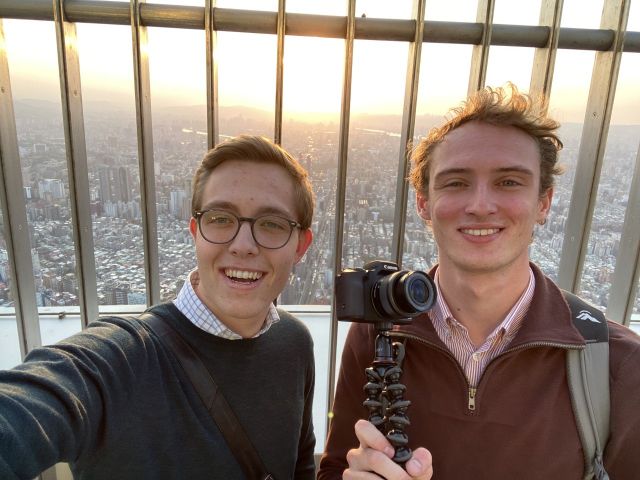





























































































































Comments